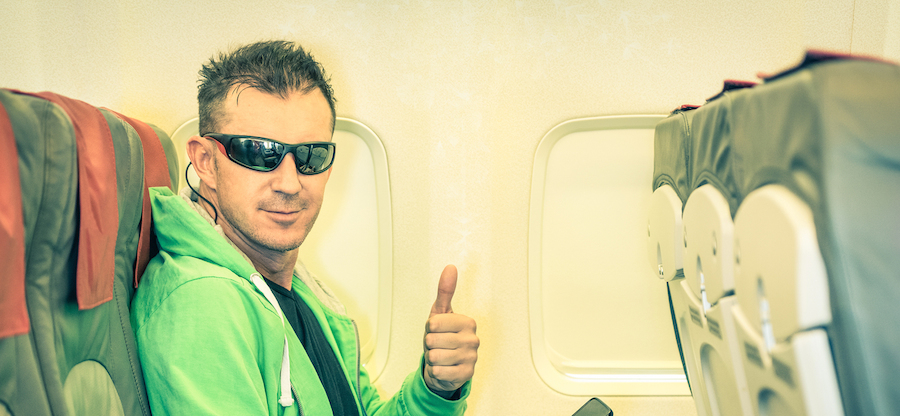Perhaps they are concerned that their island nation has an overly icy image. Or perhaps they have a lot of time on their hands, especially through the long northern winters. But an Icelandic tourism agency is soliciting new names for the country that apparently remains a thousand years miffed that their original search software did not come up with Greenland.
You can see some of the names — Geyserland, Niceland, Financial Insolvency Land — on the agency’s Inspired by Iceland website, although agency spokesman Bob Payne said that due to a technical problem one of the leading candidates, OMGWTFLAND, which is believed to come from the ancient Icelandic language, did not appear.
“The computers had some trouble translating it, although the consensus seems to be that it means, “Man’s Best Friend On A First Date Is A Hot Spring Land,” said Payne.
Payne said that suggestions for new names have been coming in from all over the world, and that a surprising number of people wanted to know how they could do the same for their country.
“The prime minister of Canada has called twice,” Payne said.
According to e-mail tallies, about half a dozen countries seemed the most keen on a name change. They included:
Bosnia & Herzegovina
Although often remembered for the bloody civil war that followed the breakup of Yugoslavia in 1992, Bosnia & Herzegovina has a mountain landscape and a deep-rooted culture that draw many admiring visitors. Tourism developers would like to take advantage of that, perhaps using a theme-park model that might be reflected in the current favorite choice for a new name: Disney & Herzegovina
Chad
Among the world’s poorest and most corrupt nations, the Republic of Chad, with neighbors like Libya and Sudan and coups happening only slightly less frequently than soccer games, is about as lawless as a country can be and still have a nominally functioning government. President Idriss Derby, who e-mailed Iceland’s Bob Payne so often that a spam-filter had to be set up to block him, would like, though, to bring some order to things, and believes a good way to begin would be a name change putting miscreants on notice that they would no longer be tolerated in: Hanging Chad.
Andorra
As one of the smallest of European nations, necessitating such a miniaturization of everything that tourists naturally say, “Awe, how cute,” the financially savvy business interests of Andorra see no reason not to profit from that by changing their country’s name to Andorrable.
Turkey
Many countries around the world feel they have been shackled with a two-name label — Bosnia & Herzegovina, St. Kitts & Nevis, Antigua & Barbuda, Sao Tome & Principe, Great Britain. But Turkey, long having to go it alone against any number of outside adversaries, chief among them the troublemakers who so aggressively insist that a shot-size cup, filled with a dark sludge of grounds and topped with a dozen or so spoons of sugar, is not Turkish coffee but Greek coffee, feels differently. For centuries, they have dreamed of a name that requires an ampersand. Which is why to a nation who sees themselves as having a much more sophisticated palate than their Aegean neighbor, the popular choice is Turkey & Cheese.
The Congo
Another troubled African nation, The Republic of The Congo would especially welcome a name change, not only to help differentiate it from its neighbor, The Democratic Republic of the Congo, but to let potential visitors know that it is a nation of people who despite past violence do like to party. That’s why they think that even though the spelling is a slight variant of the original Cuban, the perfect choice for them would be The Congo Line.
Canada
Forget about blending their vowel sounds, or sewing Canadian flags to their backpacks, or saying sorry during just about any interaction that doesn’t involve hockey. What do these neighbors to the north of the U.S. really wish the name of their nation to be? The United States. Eh?
When he is not working on marketing campaigns for Iceland, which have won awards for their lukewarmness, humor travel writer Bob Payne is the editor in chief of BobCarriesOn.com.




